What is Psychosexual Therapy?
“Psychosexual therapy offers a supportive, non-judgemental space to tackle these issues head on and find the solutions that work for you.”
Psychosexual therapy is a form of talking therapy. It’s aimed at individuals or couples who want to address sexual concerns, anxieties or challenges which may be impacting their intimate relationships. At Cynefin Therapy, we specialise in psychosexual therapy and psychosexual-informed relationship therapy (sometimes called couples therapy or sex therapy) in Cardiff City Centre and online.

Your therapist will bring knowledge of both psychology and sexual health and offer you a safe, confidential space where you can explore issues relating to sexual wellbeing, whether they’re physical, emotional or relational.
Is psychosexual therapy right for you?
Sexual concerns are common and affect people of all ages, backgrounds, genders, and sexual orientations. If you’re experiencing difficulties with any aspect of your sexual, sensual or erotic life, psychosexual therapy can help.
Some of the most common issues addressed in psychosexual therapy include:
– Loss of desire or low sex drive.
– Pain during sex
– Trouble getting or keeping an erection
– Rapid (premature) ejaculation, delayed ejaculation or absent ejaculation.
– Difficulty having orgasms, or unable to orgasm (anorgasmia)
– Changes in sexual function due to illness, aging or drug usage.
– Anxiety or shame around sex and intimacy.
– Confusion or struggles with sexual orientation or identity.
– Relationship issues where sexual problems are a key factor.
What happens during a psychosexual therapy session?
A psychosexual therapist can help you understand your concerns and work with you to find solutions. Sessions usually being with an initial assessment. This is an opportunity to talk about the issue and how it’s affecting you and your relationships, as well as to share the relevant aspects of your sexual history. This may feel daunting, but you’ll be giving your therapist the information they need to give you the best possible support.
They may also refer you for a medical check-up if you haven’t had one. Some conditions, such as erectile dysfunction, can be a symptom of other health issues including diabetes, hypertension or cardiovascular disease. Others, like vaginal discomfort, can be due to fluctuating hormones or infections which will respond well to medical treatment.
Sessions are mostly talking-based. There are no examinations, you keep your clothes on, and there’s no physical touch or intimate contact between you and the therapist.
Instead, psychosexual therapy is an exploration of the psychological and emotional factors that may be contributing to the problem. For example, stress, anxiety, past traumas, or relationship dynamics can all play a big role in sexual health and wellbeing.
Depending on your situation, you may also be given specific exercises to try at home, either alone or with a partner. These might involve relaxation and mindfulness techniques, body awareness, or communication skills to improve intimacy and connection.
How long does psychosexual therapy last?
The number of sessions varies depending on the issue. Typically, psychosexual therapy involves around six to 12 sessions.
Should you have psychosexual therapy?
Sexual problems can cause a lot of distress, not only for you but also for your partner(s). Left unaddressed, these problems can lead to isolation, frustration or a sense of failure. They can feed into a sense of shame or fear and make you feel at odds with the world and those closest to you.
Psychosexual therapy offers a supportive, non-judgemental space to tackle these issues head on and find the solutions that work for you.
If you’re experiencing sexual difficulties, it takes courage to seek help, but when you do, you’ll be taking an important first step towards regaining control, rebuilding confidence and improving your overall wellbeing.
Everyone deserves a healthy, fulfilling sex life. Psychosexual therapy is one way to achieve that.
Get in touch

We are ready to hear your journey. If you are ready to enquire about starting counselling please fill out the form and we will be in touch.



